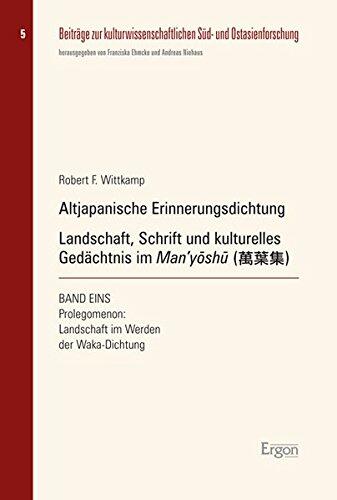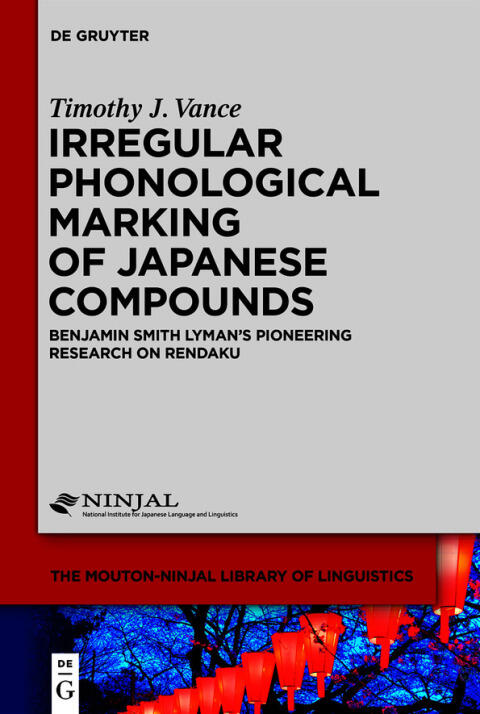
Altjapanische Erinnerungsdichtung: Landschaft, Schrift Und Kulturelles Gedachtnis Im Man'yoshu : Band 1: Prolegomenon: Landschaft Im Werden Der ... Sud- Und Ostasienforsc
由
Robert F Wittkamp
还没有评分
Manga
Poetry
格式
精装书
页数
780
语言
德语
已发布
Feb 3, 2014
出版商
Ergon Verlag
ISBN-10
3956500091
ISBN-13
9783956500091
描述
Robert F. Wittkamp delves into the profound significance of the Man'yoshu, the oldest collection of Japanese poetry, in this insightful examination of its cultural and literary dimensions. The work meticulously explores how landscapes shape memory and identity within the context of early Japanese literature. By analyzing the interplay between nature and poetic expression, Wittkamp sheds light on how these elements contribute to a broader understanding of cultural heritage.
Set against the backdrop of eighth-century Japan, this scholarly piece offers a nuanced perspective on the evolving relationship between humanity and the natural world. Wittkamp's research highlights the intricate connections between geographical features and the poetic forms that emerged in response to them. Through this lens, readers are invited to appreciate how the interplay of landscape and language informs not only literature but also the collective memory of a society.
This exploration stands as a vital contribution to the field of East Asian studies, offering a rich tapestry of insights into how ancient literary works continue to resonate in contemporary discussions of culture and identity. Wittkamp's thoughtful analysis provides an essential resource for anyone seeking to understand the depths of Japan's literary heritage and the landscapes that shaped it.
Set against the backdrop of eighth-century Japan, this scholarly piece offers a nuanced perspective on the evolving relationship between humanity and the natural world. Wittkamp's research highlights the intricate connections between geographical features and the poetic forms that emerged in response to them. Through this lens, readers are invited to appreciate how the interplay of landscape and language informs not only literature but also the collective memory of a society.
This exploration stands as a vital contribution to the field of East Asian studies, offering a rich tapestry of insights into how ancient literary works continue to resonate in contemporary discussions of culture and identity. Wittkamp's thoughtful analysis provides an essential resource for anyone seeking to understand the depths of Japan's literary heritage and the landscapes that shaped it.



















